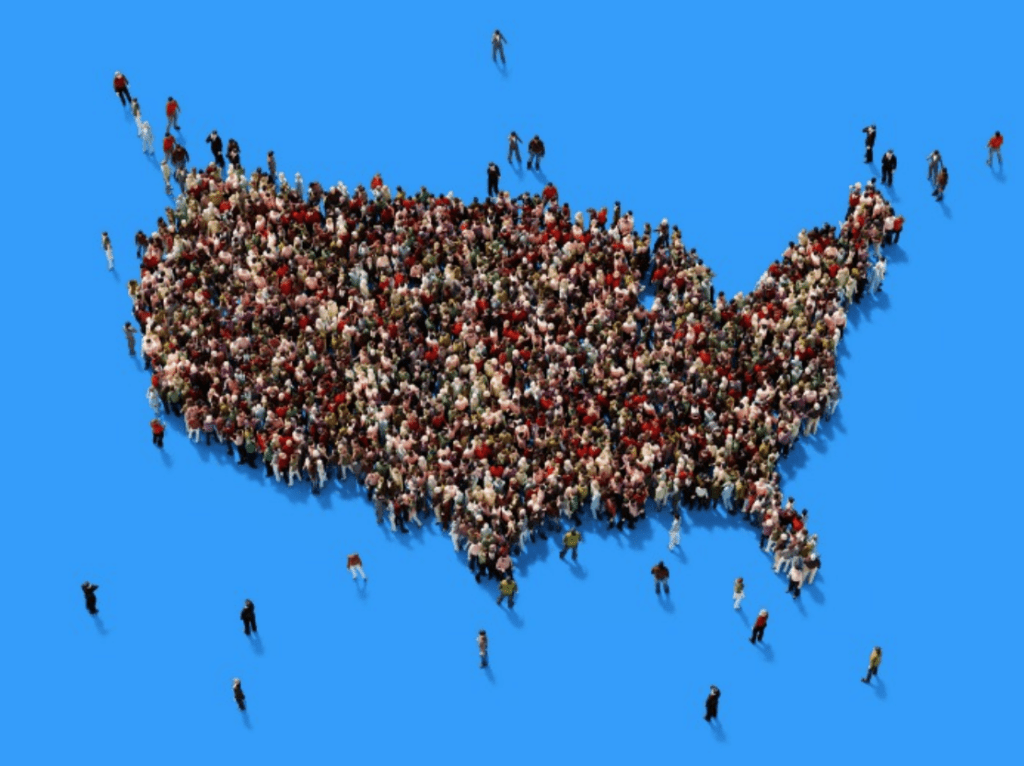As Census Day 2020 gets closer, individual states must invest in and support efforts to ensure a complete count.
July 22, 2019
Anyone that has been following the news regarding the inclusion of a citizenship question on the 2020 Census has likely gone through a roller coaster of emotions over the past few weeks.

The Department of Commerce sought to include a question on the census that would explicitly ask about the citizenship status of respondents. The legal community quickly jumped into action by filing suit to challenge the Trump Administration’s dangerous proposal, and the United States Supreme Court recently ruled to block the inclusion of a citizenship question on the 2020 Census on the basis that the government’s rationale for adding it was not good enough. In response to the Supreme Court’s ruling, the Department of Justice said it would no longer seek to add the question to census forms. But a few hours later the President himself contradicted that statement via Twitter. Since then, President Trump has said the question will not be on 2020 Census forms but that he will use records kept by other government agencies to determine information about the citizenship status of the population.
Though the battle to add a citizenship question to the national census seems to have quieted, we cannot ignore the inherent danger in the Trump Administration’s focus on pursuing information about the citizenship status of virtually everyone who resides in the United States.
An accurate count for the 2020 Census is imperative. Every ten years, the census is carried out to determine how many people live in this country. Those population numbers determine how many congressional seats and electoral college votes each state gets, as well as guide the distribution of around $880 billion a year in federal tax dollars for schools, roads and other public services. If a state experiences a large undercount of its population during the census, for example, it stands to lose millions in federal funding and its residents could suffer the consequences of underfunding for up to a decade until another census is carried out.
Census data is used by municipalities to plan new schools and hospitals, businesses use it to decide where they open new locations, and developers refer to it when making real estate decisions about where they build. Most critically, a census that undercounts the population would have a devastating impact on funding for programs that provide basic housing, health, and nutrition supports to low-income people and families struggling to make ends meet.
Though the Shriver Center on Poverty Law welcomes the most recent announcement that a question about citizenship will not be included in the 2020 Census, we cannot ignore the chilling effect that may have already impacted immigrant and low-income communities’ participation in the census. The fear engendered by the immigration policies the Trump Administration has implemented and continues to propose will likely make it difficult to gather accurate accounts from immigrant respondents.
If the government has been trying to include a citizenship question in order to disenfranchise people of color and ultimately allot more voting power to wealthy white communities — that damage may already be done. Research shows that if the citizenship question had been included on the 2020 Census it would have created a 2.2% drop in self-responses overall. The roller coaster of developments that has played out in the media around the citizenship question could also suppress public participation. Indeed, there is no definite answer on how much damage has already been done in terms of getting an accurate count of the population. However, in light of the recent nationwide ICE raids, it is not difficult to imagine that families with at least one undocumented person in their household may steer away from participating in the census altogether.
As Census Day 2020 gets closer, individual states must invest in and support efforts to ensure a complete count. Illinois, the Shriver Center’s home state, appropriated $29 million for outreach efforts in hard to count communities in its most recent budget. States like California have also made large investments towards supporting an accurate census. Other states across the country should follow their lead.
We all can play a part to ensure everyone is counted. You can help by staying informed, increasing awareness of the importance of the census, or even forming a complete count committee in your area. Join the fight for economic and racial justice with the Shriver Center on Poverty Law.
Maria Morales also contributed to this blog.
America’s greatest strength is its diversity.